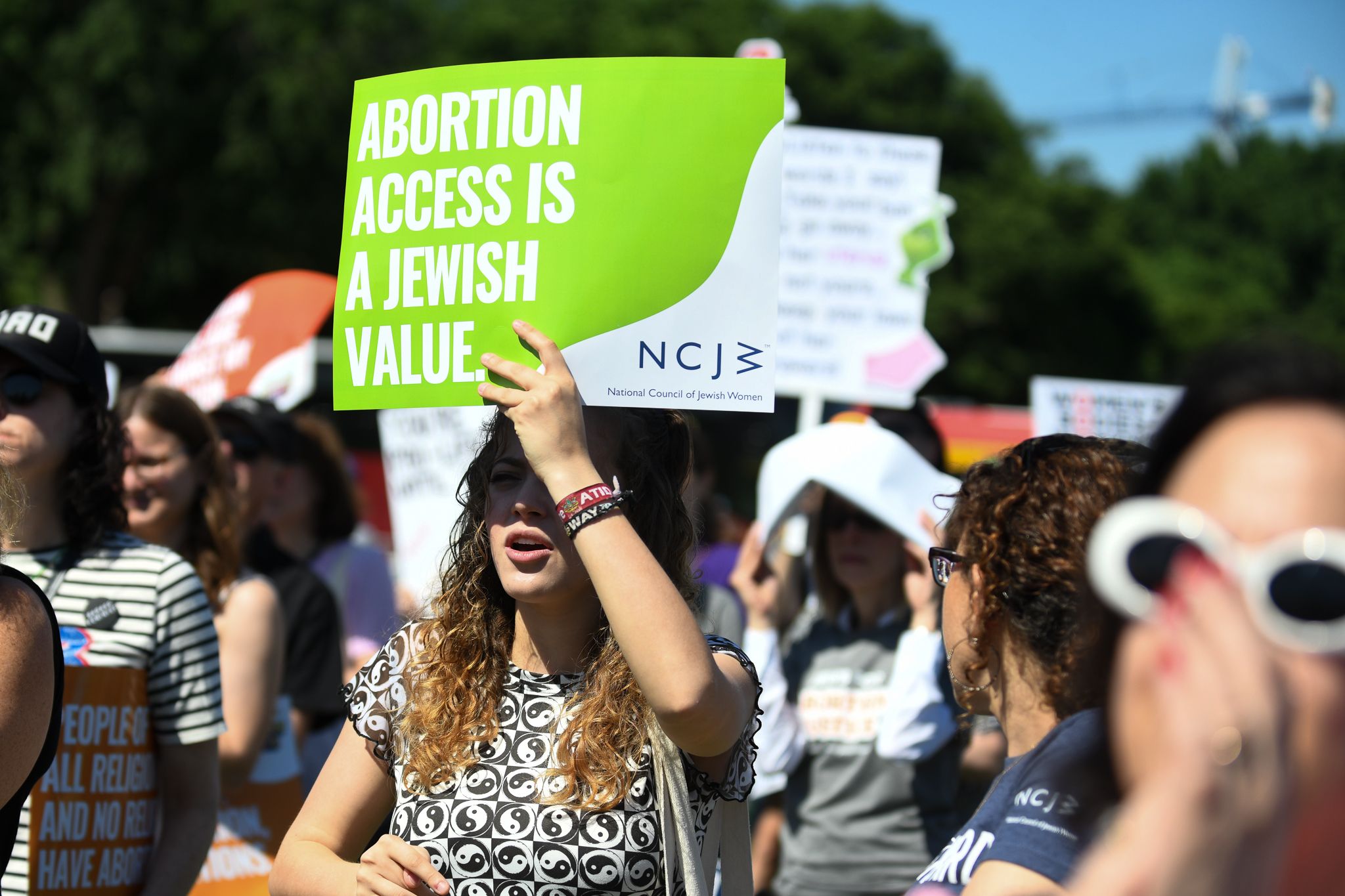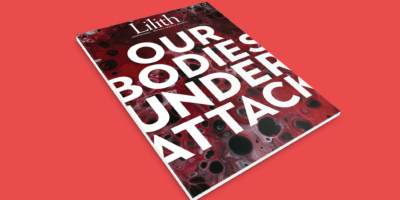
Roe, Reproductive Justice and Judaism
Six months after the 1973 Roe v. Wade ruling, I immigrated to the United States from Korea. Despite the momentousness of the ruling, I had no idea then that much of my professional experience would be in community health, reproductive health, reproductive justice, and adolescent sexual health.
My traditional Korean family never spoke about anything personal, much less sex. In fact, I was taught not to share anything personal that might bring shame on our family name. The strict patriarchal structure of our home encouraged me to speak only when spoken to. Much good that did.
Neither my mother’s limited English nor my lack of proficiency in Korean can fully be blamed for my never having been given even the most rudimentary talk on the birds and the bees, and I don’t ever recall a class on sex education in high school. I pretty much had to figure things out on my own.
I wasn’t Jewish at the time, nor did my family observe any religion, so no faith shaped my views on sex or abortion. And yet, looking back, I am pretty sure that if I had experienced unintended pregnancy my mother would have been supportive of an abortion. It turned out she too was not such a fan of the patriarchal structure that followed us from Korea and took root in our suburban home in Evanston, Illinois.
When I chose to convert to Judaism as an adult, I learned that Judaism did not teach that life began at conception, and largely prioritized the health of the pregnant person over the fetus. And yet for all the years I was directly involved in reproductive health and reproductive justice, I shied away from speaking directly about my Jewish faith. None of the long list of national and statewide organizations I served with were faith-based. Why should they be? I believed so deeply in the separation of church and state that I didn’t question this. Besides, back then— we’re talking about the mid-2000s—the only faith-based voices routinely heard were from the Christian far-right.
I realize there were many Jews— mostly Jewish women—working in the reproductive and sexual health field, and they never directly mentioned their faith either, perhaps because most Jews aren’t constantly shouting about their Jewish values in the same way that fundamentalist Christians do in the U.S.
As an immigrant and woman of color, I feel very comfortable utilizing and integrating a reproductive justice framework that combines reproductive rights and social justice. Reproductive justice doesn’t focus only on abortion and birth control as human rights; being able to have children or not, give birth safely, have abortions safely and raise the children you do have safely without threat of violence or poverty are all interconnected. As the years went by, more and more organizations recognized the wisdom of this approach and the folly of excluding women of color, but the movement still has a way to go.
As a Jew, I can understand why Jews, in general, would shy away from drawing attention to our faith at all, fearing attack and persecution. And personally, since I converted to Judaism and am partnered with a non-Jewish spouse, it was easy for me to keep my faith to myself while doing this work. Jews of Color existed even more on the margins then than they do now, and it seemed too complicated to have to explain my story.
But, over the past 10 years, Christian hegemony has become more dominant not only in our culture but also in our politics, policies and practices. Recently, I had the opportunity to ask White House Liaison to the American Jewish community Hanan Weissman a question I think about a lot these days: was it time for Jews to be even more vocal and visible about our Jewish values not just with regard to abortion but in the domestic policy arena in general?
The Jewish Rally for Abortion Justice in May reflected an answer to that question, a change in the way Jews are positioning ourselves in this and other fights. Yet as we are fighting, we must continue to center those individuals who aren’t able to travel to D.C., take a day off of work, hire a sitter to watch the kids.
The system is set up to exclude those with the most to lose. Thankfully, our faith reminds us each and every moment, with each and every breath, that our lives depend on our being fully awake. We must do all we can—with our minds, our hearts, our spirits and our bodies—and fight with everything we’ve got, our Jewish tradition included.
SooJi Min-Maranda believes in the power of personal stories and holds graduate degrees in Korean American studiesand magazine publishing from the University of Chicago and Northwestern University.
Photo Credit: Gili Getz.



